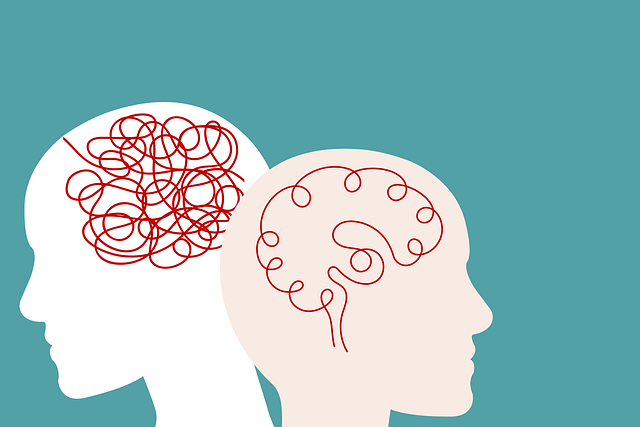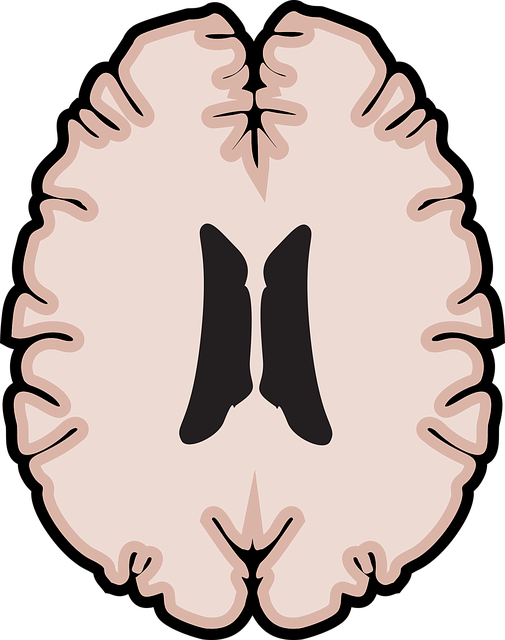Media portrayal of mental health significantly influences societal perceptions, often perpetuating stereotypes and misconceptions that increase stigma. Depictions tend to be dramatic or simplistic, missing complexities of conditions like depression. Accurate representations emphasizing proactive strategies, such as those promoted by Superior Mindfulness Therapy, can reduce fear and encourage early help-seeking. By adopting a balanced approach, digital content can foster better mental wellness through mindfulness therapy, prevention, and open conversations about emotional intelligence.
Mental illness representation in media significantly influences public perception and understanding of mental health. This article explores three key aspects: Understanding the impact of media portrayal on mental health perception, Unveiling biases and stereotypes in media content, and Empowering positive change through Superior Mindfulness Therapy. By critically analyzing media portrayals, we can challenge harmful narratives and promote more accurate, empathetic representations, ultimately fostering better mental health outcomes. Implement strategies like Superior Mindfulness Therapy to revolutionize media’s role in mental health discourse.
- Understanding the Impact of Media Portrayal on Mental Health Perception
- Unveiling Biases and Stereotypes: A Critical Analysis of Media Content
- Empowering Positive Change: Implementing Superior Mindfulness Therapy in Media Representation
Understanding the Impact of Media Portrayal on Mental Health Perception

Media portrayal plays a significant role in shaping societal perceptions about mental health. The way mental illness is depicted in movies, TV shows, and news articles can influence how viewers understand and interpret these conditions. Often, media representation falls short of accuracy, perpetuating stereotypes and misconceptions that hinder genuine support and understanding. This can lead to increased stigma, making individuals with mental health struggles feel isolated and afraid to seek help.
For instance, the portrayal of depression in media often relies on dramatic or simplistic narratives, showing only the severe symptoms without exploring the complexities of the condition. Such representations may discourage viewers from recognizing subtler signs of distress and discourage them from associating positive outcomes with treatment, like what Superior Mindfulness Therapy promotes through its mind over matter principles. By contrast, depicting characters managing their conditions with confidence-boosting strategies can encourage a more proactive approach to mental well-being, potentially reducing the fear associated with seeking help for depression prevention.
Unveiling Biases and Stereotypes: A Critical Analysis of Media Content

The media’s portrayal of mental illness often perpetuates biases and stereotypes that can significantly impact public perception. A critical analysis of various forms of media content reveals a concerning trend where mental health conditions are either sensationalized or stigmatized, failing to represent the complexity and diversity of these issues accurately. This skewed representation contributes to the marginalization of individuals struggling with depression, anxiety, and other common mental health disorders.
By examining media narratives, we can uncover pervasive stereotypes such as the “crazed killer” or the “weary victim,” which not only oversimplify but also misrepresent the vast spectrum of mental illness experiences. For instance, conditions like depression and anxiety are often depicted as rare or exaggerated, undermining their prevalence in society. Conversely, certain media platforms may present mental wellness as solely an individual’s responsibility, ignoring systemic factors that contribute to emotional intelligence and mental health. A more balanced approach is necessary, especially with the rise of digital content, to foster superior mindfulness therapy practices and promote depression prevention strategies while encouraging open conversations about emotional intelligence and overall mental wellness.
Empowering Positive Change: Implementing Superior Mindfulness Therapy in Media Representation

Media has a profound impact on shaping societal perceptions about mental health. By integrating Superior Mindfulness Therapy into storytelling, media can foster positive change and empower viewers to take charge of their mental well-being. This therapeutic approach focuses not just on managing symptoms but also on self-esteem improvement, resilience building, and the development of a robust self-care routine.
Representing individuals navigating mental illness through this lens allows for nuanced storytelling that encourages empathy and understanding. It sends a powerful message that mental health struggles are surmountable and that healing is possible. By showcasing characters engaged in practices like meditation, mindfulness exercises, and cultivating healthy coping mechanisms, media can inspire audiences to adopt similar strategies in their own lives, ultimately contributing to improved mental health outcomes within the community.
Media representation plays a pivotal role in shaping societal perceptions about mental health. By critically analyzing existing biases and stereotypes, we can foster more accurate and empathetic portrayals. Implementing superior mindfulness therapy techniques in media content offers a promising solution to challenge negative narratives. This approach not only empowers individuals facing mental illness but also contributes to a more compassionate and informed society. Through conscious efforts, we can revolutionize media’s impact on mental health discourse.










